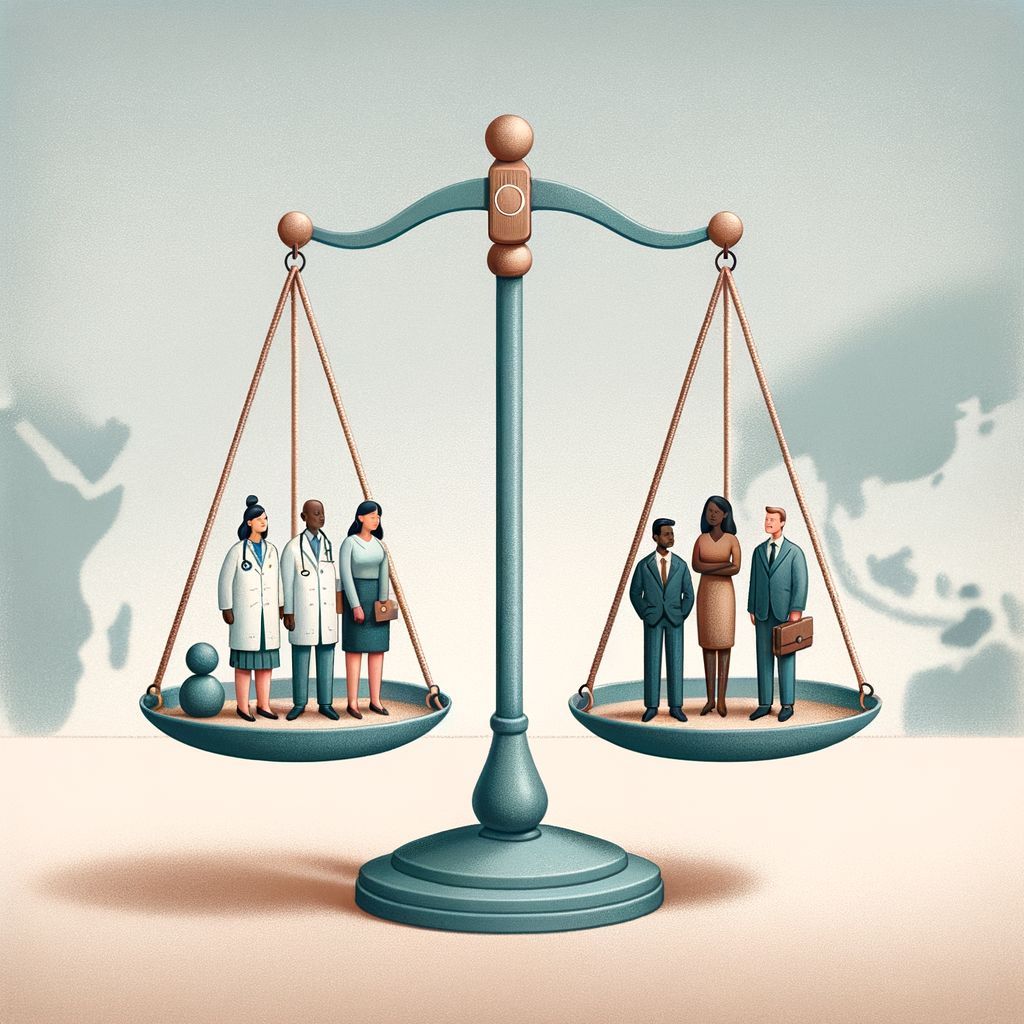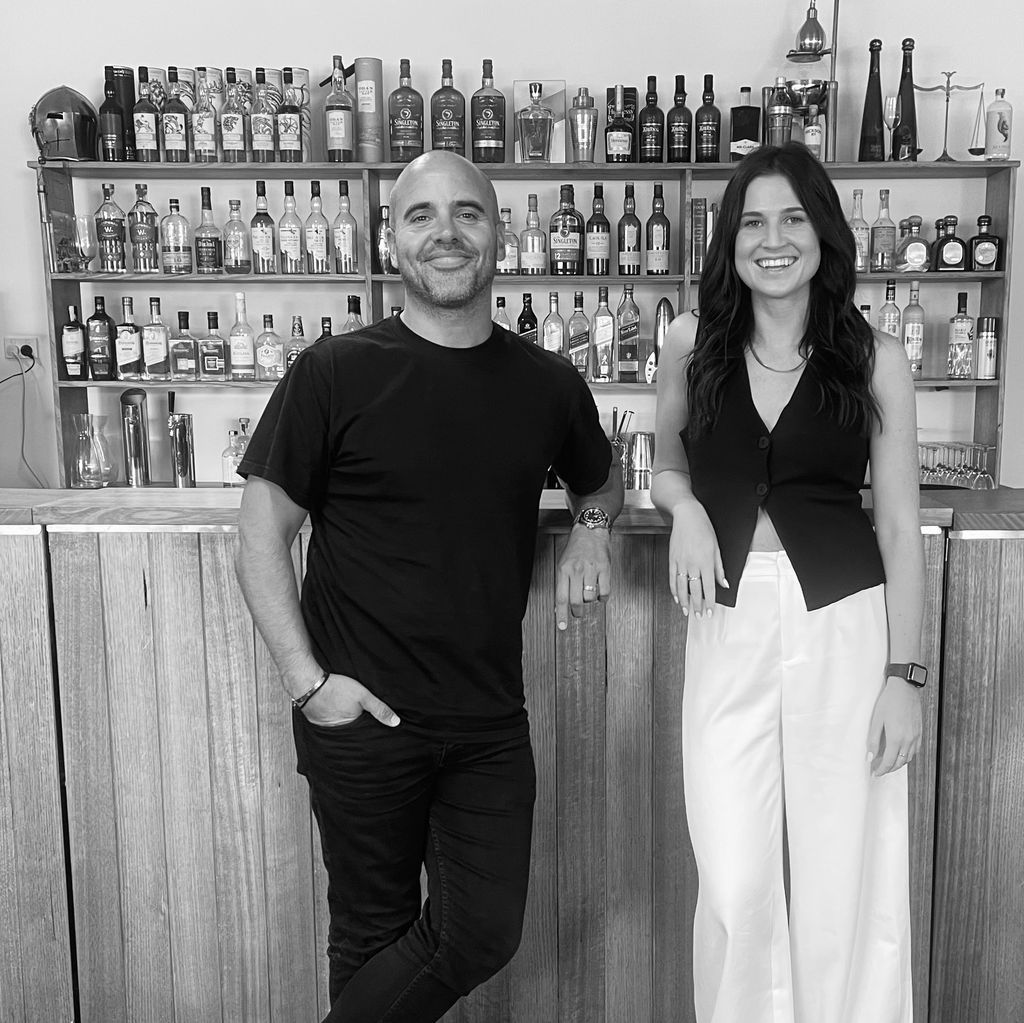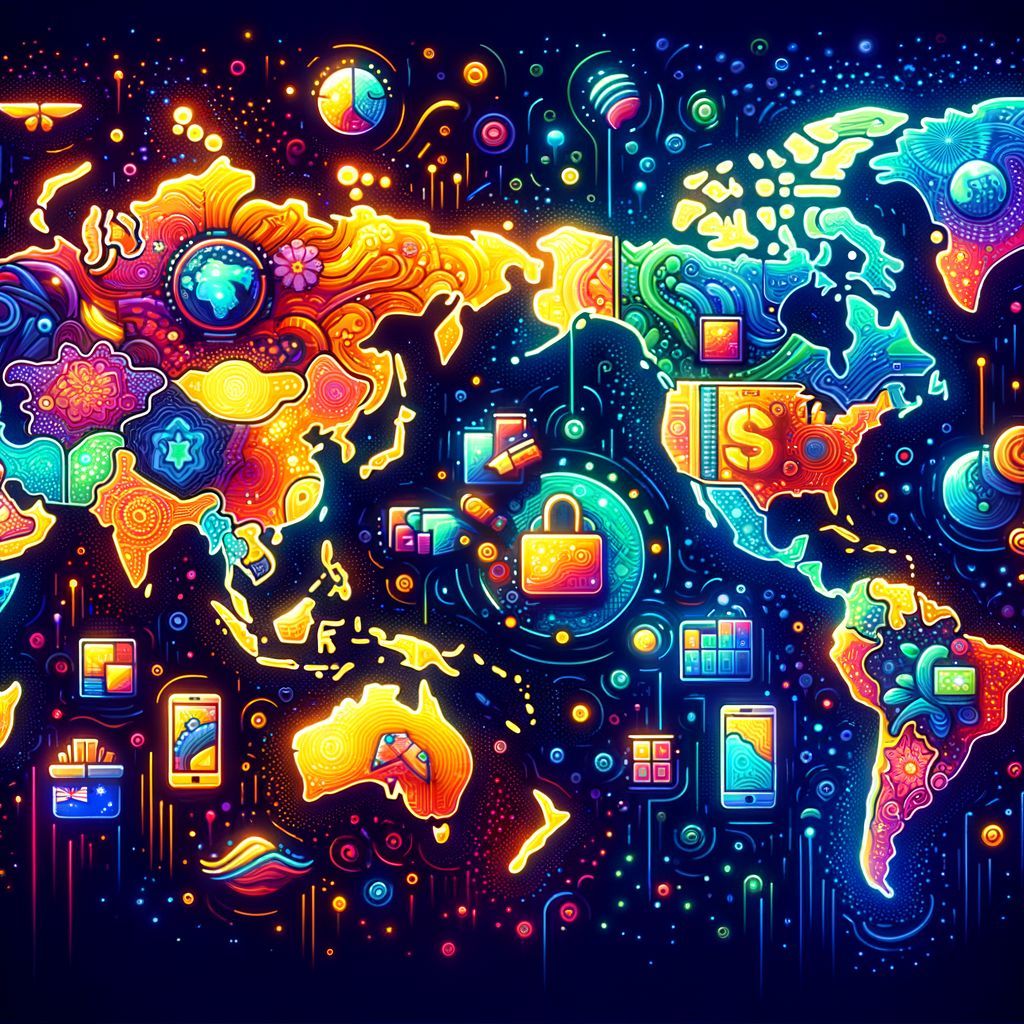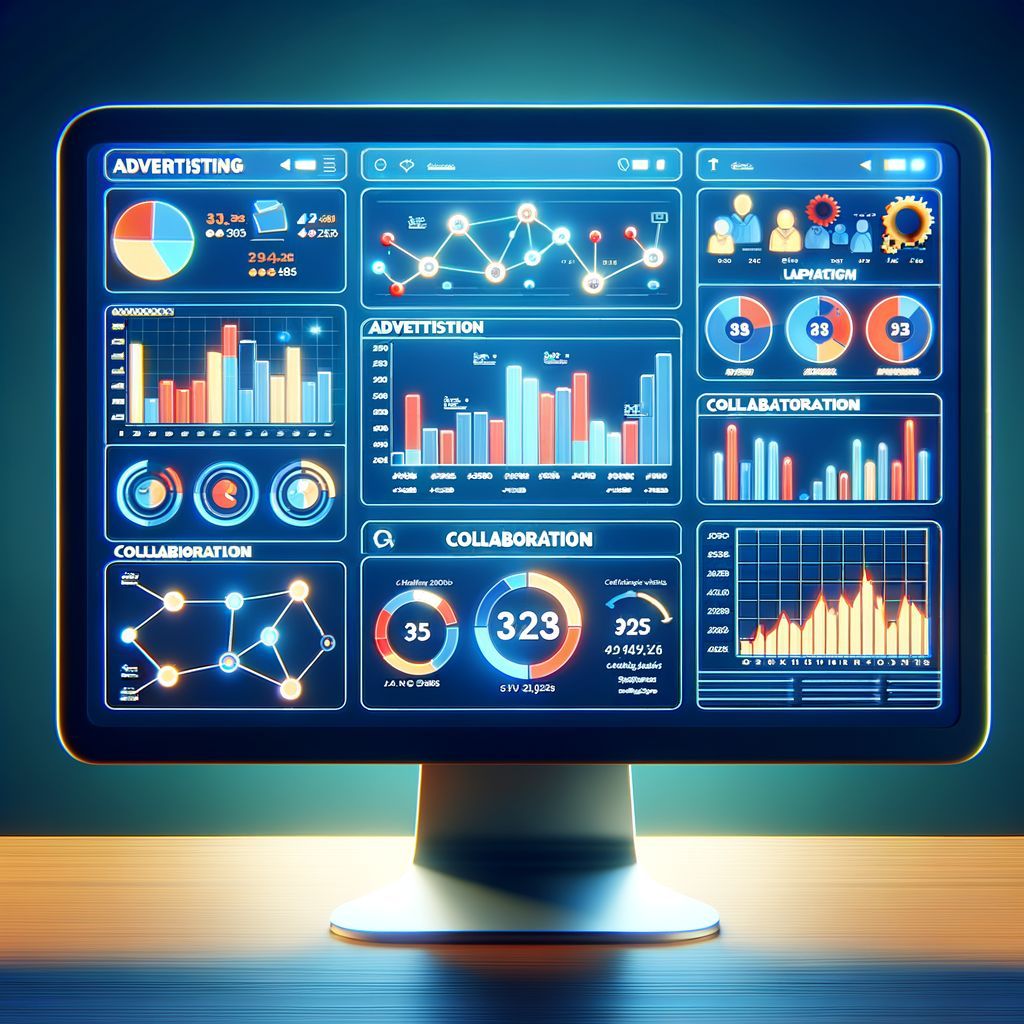

Image by DALL·E Pic: Midjourney
Editors' Note: Many Fast News images are stylised illustrations generated by Dall-E. Photorealism is not intended. View as early and evolving AI art!

Trust in professions,
Doctors, teachers lead the way,
Ads and influencers stray.

Trusted professionals: Doctors, teachers and scientists lead while ad execs and influencers lag
The Ipsos Trustworthiness Index has revealed doctors, teachers, and scientists are the most trusted professions in Australia and globally. In contrast, advertising executives, social media influencers, politicians, and pollsters are the least trusted professions in Australia.
The survey, conducted online by adults aged 18 and over across 32 countries, including Australia, found that 66% of Australians consider doctors trustworthy, followed by teachers (60%) and scientists (58%). Social media influencers (61%), politicians (56%), and advertising executives (49%) are viewed as the most untrustworthy professions in Australia.
The Ipsos Trustworthiness Index survey was completed online by adults aged 18 and over across 32 countries, including Australia. Globally, doctors are rated as trustworthy by 58% of the public, followed by scientists (56%) and teachers (54%). Politicians and social media influencers are the least trusted group globally (15%).
In Australia, serving staff at a restaurant (49%), the police (48%), and armed forces (47%) follow doctors, teachers, and scientists in trustworthiness. Government ministers (48%), journalists (40%), bankers and clergy/priests (38%), and business leaders (36%) are also considered untrustworthy in Australia. Australia is one of 17 countries that had a positive score on the global Trustworthiness Index.
Trust in politicians and ministers has been gradually rising from its 2018 low, with both up 6 percentage points since then. There has been a slight uptick since 2018 for some professions, including: judges (+5pp), lawyers (+8pp), pollsters (+6pp), clergy (+5pp), bankers (+8pp), journalists (+6pp), business leaders (+4pp), and advertising executives (+5pp).
However, business leaders, bankers, journalists and advertising executives all still receive negative net trustworthy scores.
Social media influencers are new to the Index this year and only politicians have a worse net trustworthiness score (only 15% finding them trustworthy). Serving staff at restaurants are the fourth most trusted profession globally (44%). Four in ten people globally think ordinary people are trustworthy. They are twice as likely to be seen as trustworthy (38%) than untrustworthy (17%), a figure Ipsos said had stayed remarkably steady since 2018. Trust is slightly higher among Baby Boomers (42%) than other generations.
"While there continues to be debate that society is losing faith in experts, our data again shows that in fact, scientists, doctors and teachers are held in high esteem both here and globally," David Elliott, Deputy Managing Director, Ipsos Public Affairs Australia, said.
"The high levels of trust placed in many professions of crucial importance to our society are encouraging as they indicate that we don’t think society is completely broken. We still have a lot of trust in many important professions, like doctors, teachers, the armed forces and the police.
"What is perhaps more concerning for us as a society are the low levels of trust in politicians, government ministers, bankers, journalists, clergy/priests and business leaders. Encouragingly for my colleagues and industry, while pollsters sit close to the bottom on trustworthiness, this looks to be more a result of many being undecided rather than a strong sense of untrustworthiness. When we look at the proportions indicating a profession is untrustworthy, pollsters soar to equal 10th position - alongside TV news readers -as the most untrustworthy, well behind social media influencers, politicians, government ministers, advertising executives, bankers, clergy/priests, business leaders and journalists."
The study was initiated and run by Ipsos, with no external sponsors or partners. Ipsos interviewed 23,530 adults online in 32 countries between May and June for the report including Australia. The trustworthiness index is calculated as the sum of the proportion who consider each profession to be trustworthy, subtracted from the sum of those who consider each to be untrustworthy.










